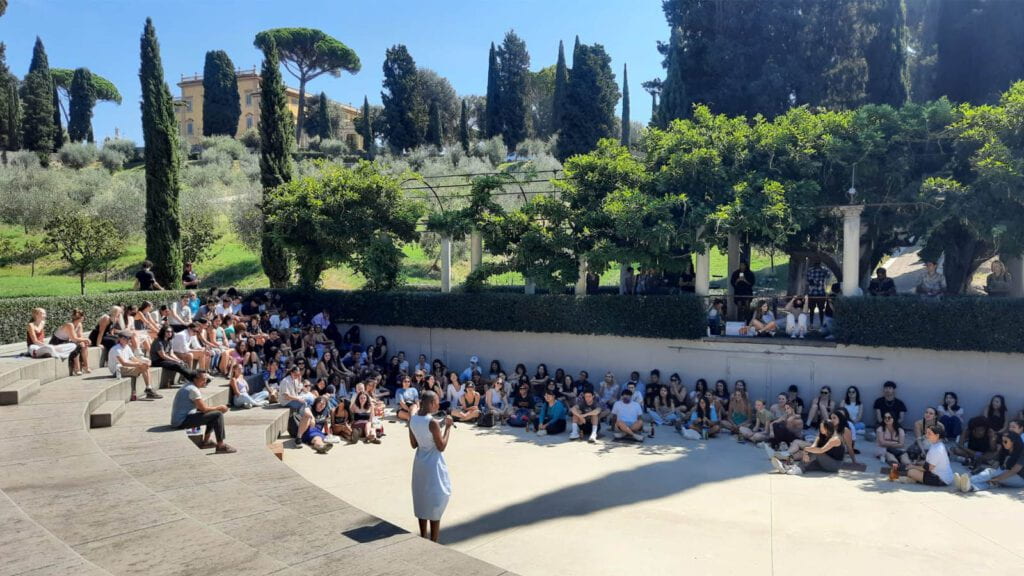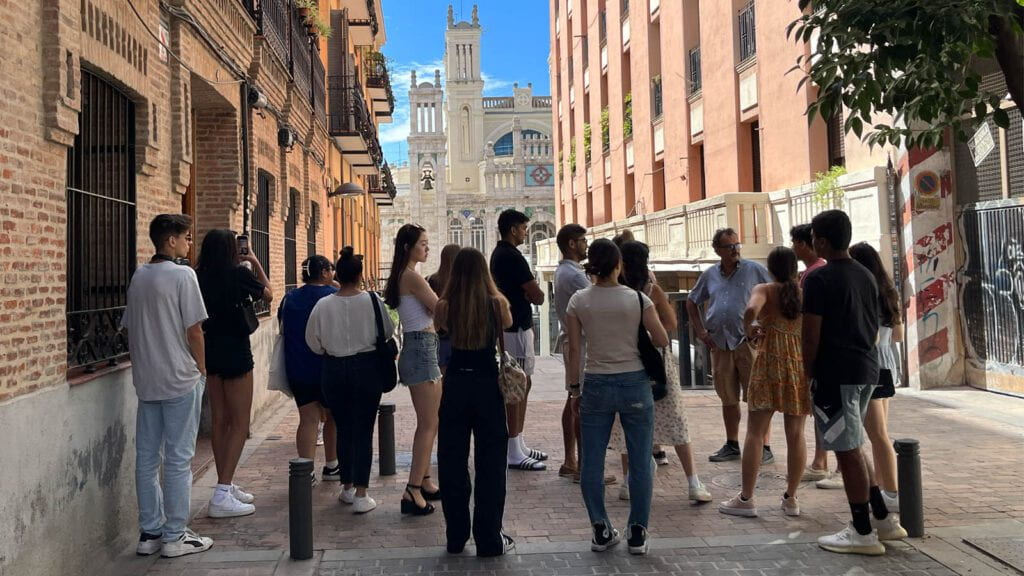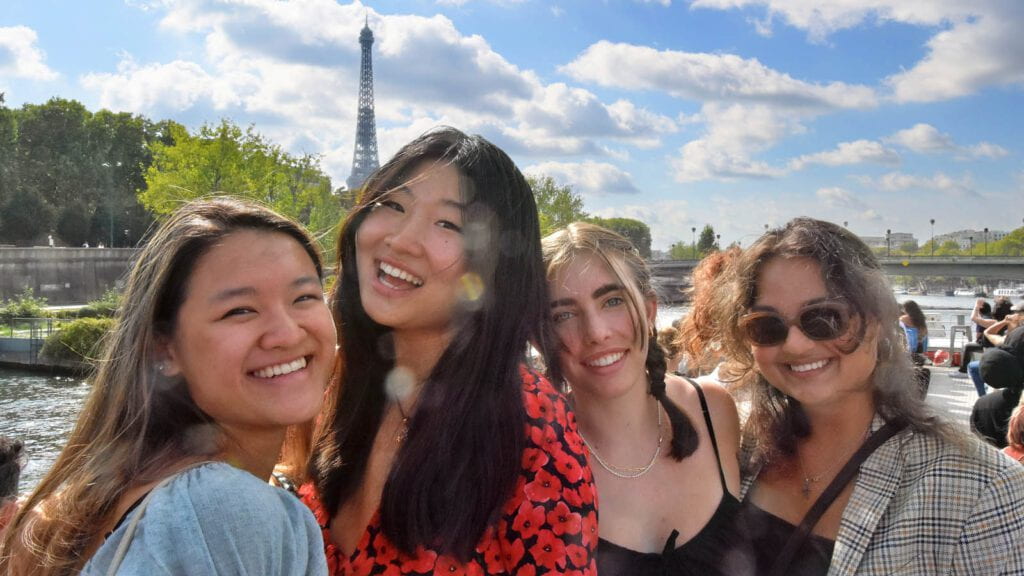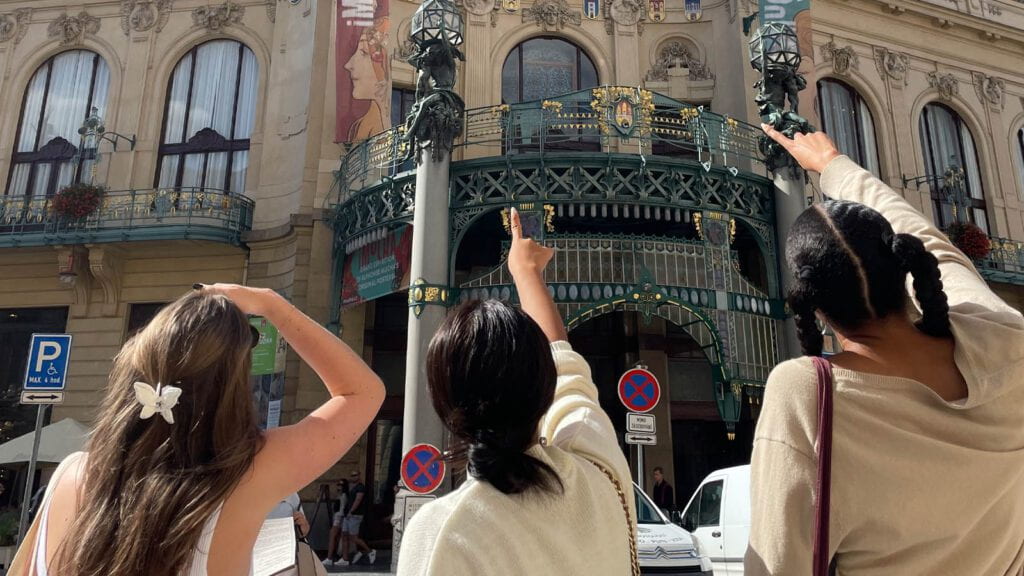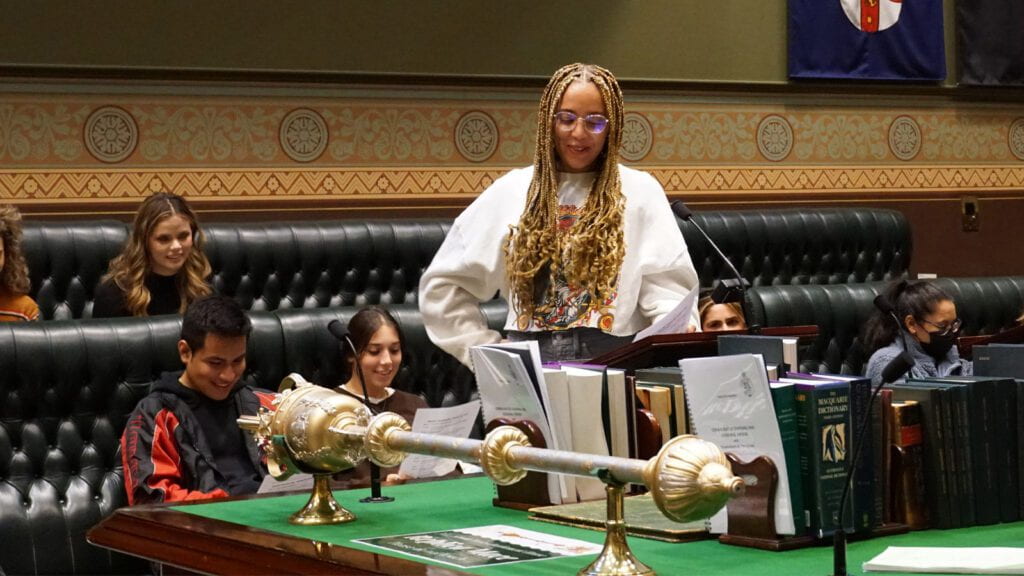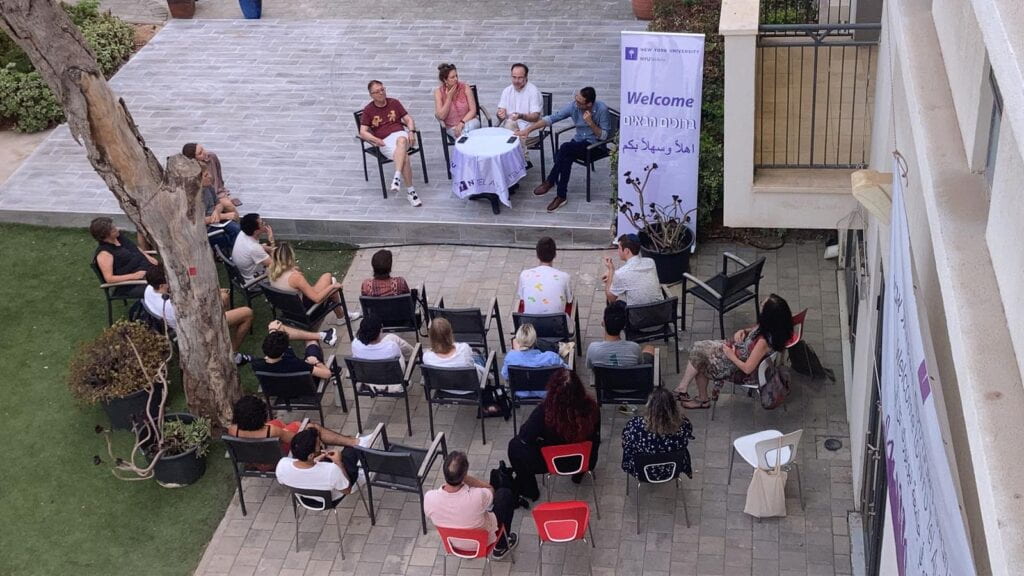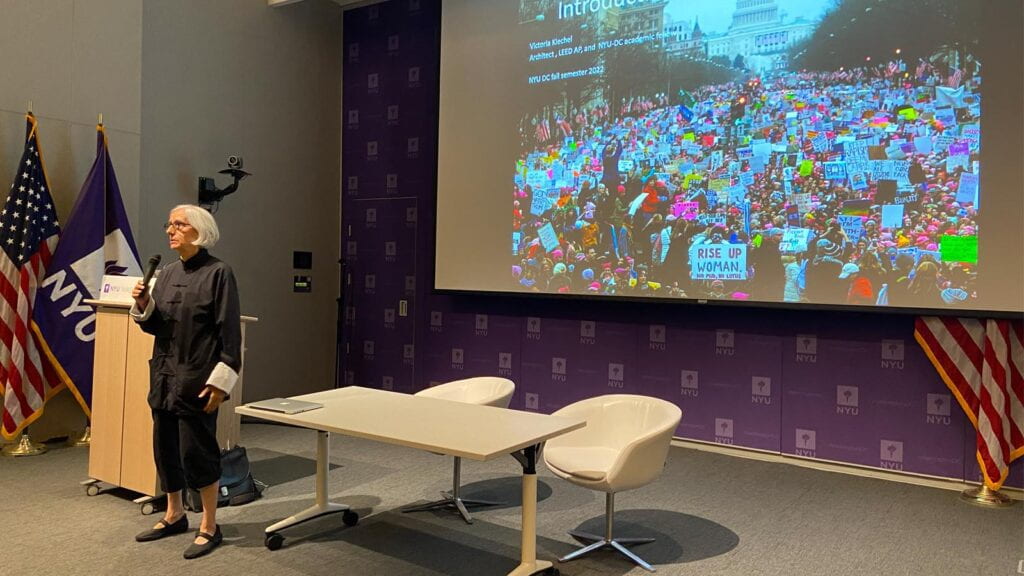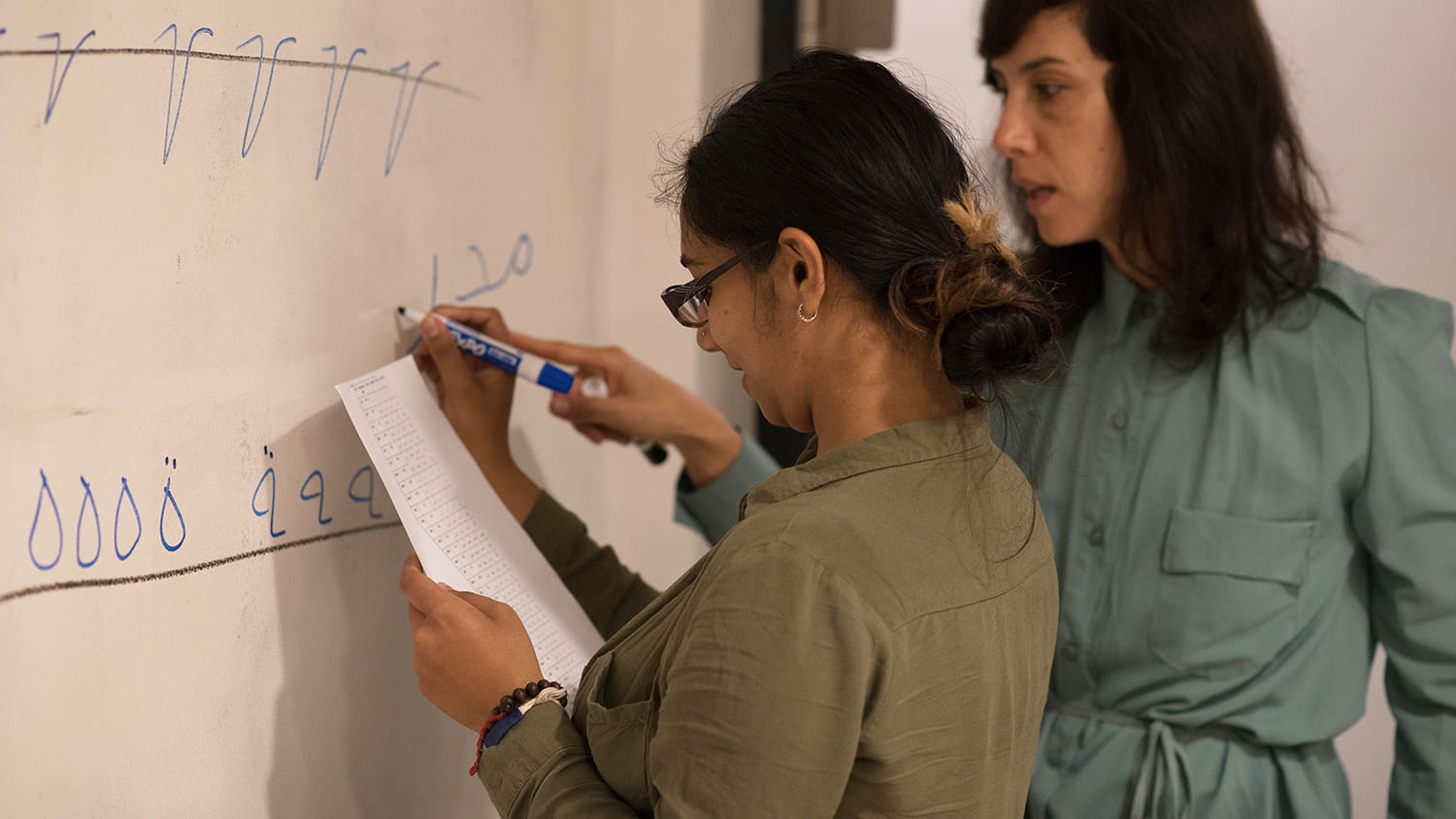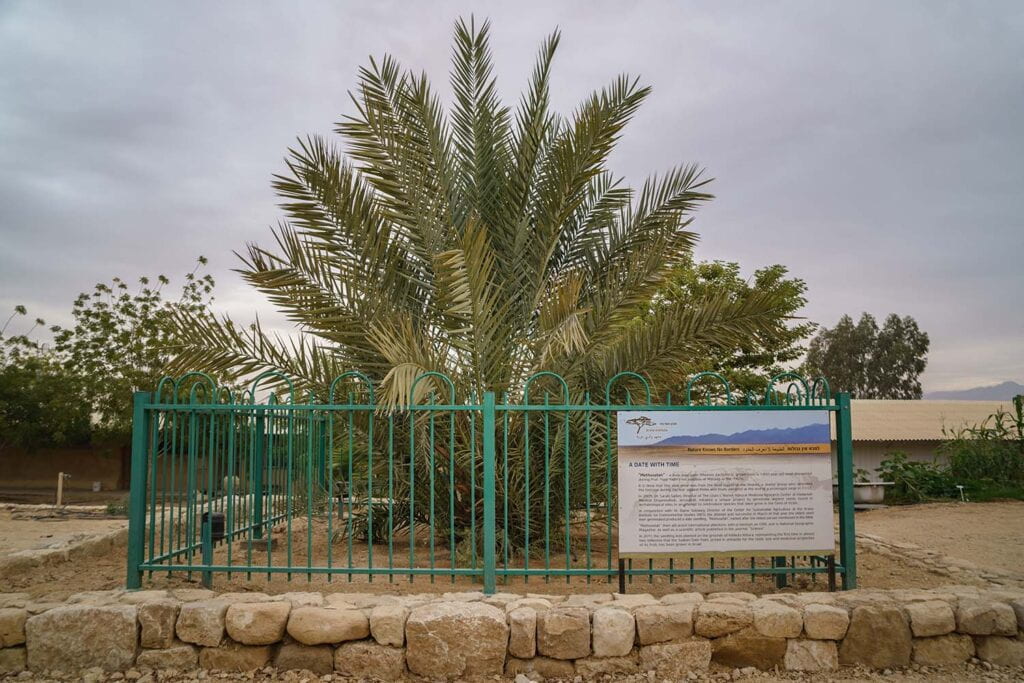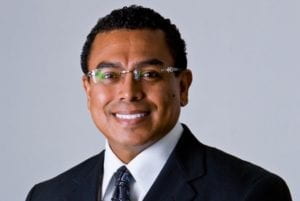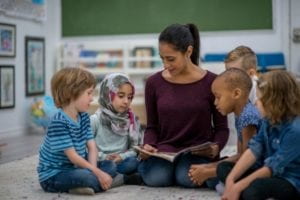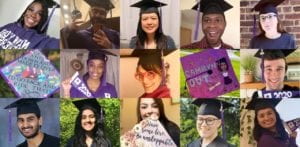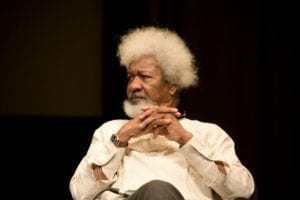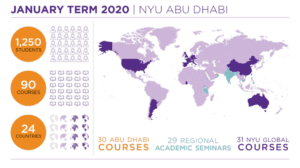As a youth delegate to the United Nations, May Alhajeri used her NYU Abu Dhabi education to build connections across cultures and opportunities for the United Arab Emirates’ future
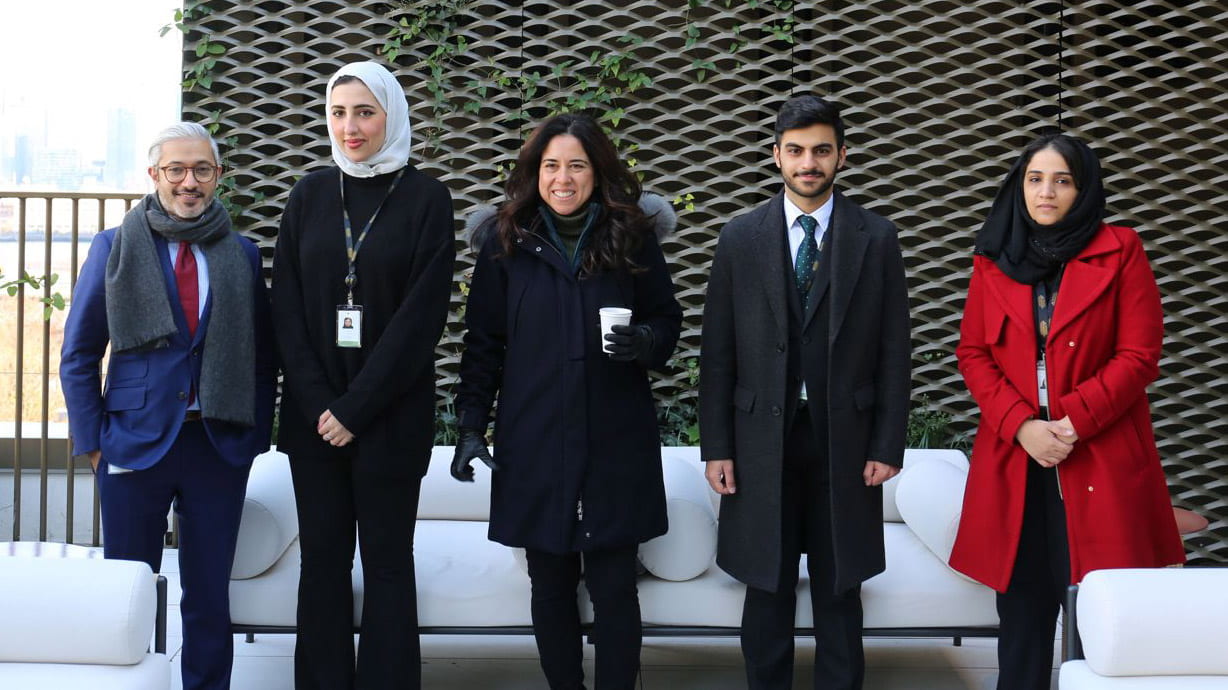
[from left to right] Mohamed Abushahab, Ambassador and Deputy Permanent Representative of the UAE; May Alhajeri; Lana Nusseibeh, Ambassador and Permanent Representative of the UAE; Rashid Alrafie; Amiera AlHefeiti, Deputy Permanent Representative of the UAE
Learning and Working at the UN
During her time as a youth delegate, May worked on several initiatives, including the Our Common Agenda report that aims to strengthen youth participation in decision-making for the future, and events for the UN’s sustainable development goals. She also traveled to the UN headquarters in New York City where she met Ambassador Lana Nusseibeh and her team, who, according to May, are incredible examples of Emirati diplomacy abroad.
In addition, May had the opportunity to collaborate with other youth delegates across the UAE and the world. She counts that as her proudest accomplishment during the program.
“Working with other youth delegates opened my horizons to the endless opportunities of youth engagement and involvement globally. And it allowed me to witness the existing interest and devotion to addressing the issues that impact our collective future, such as climate change, poverty, access to education, and women’s empowerment,” she says.
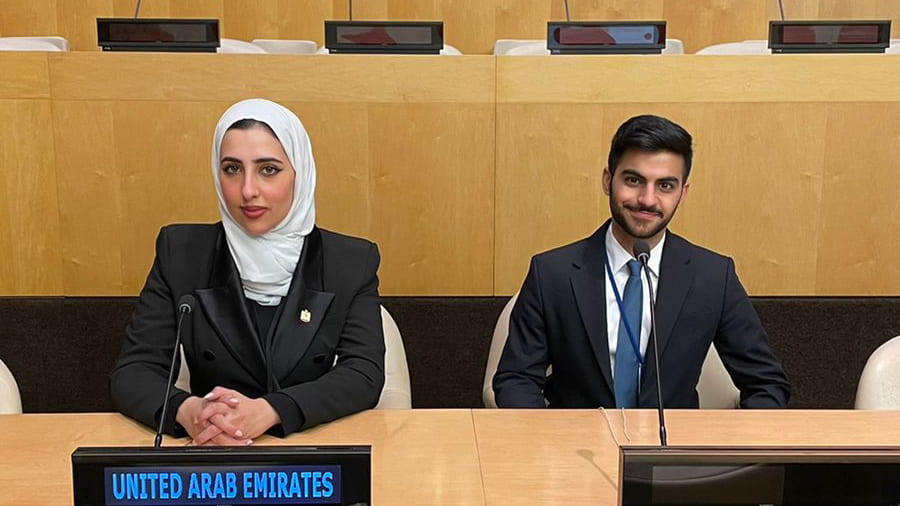
May Alhajeri with fellow UAE youth delegate, Rashid Alrafie, in the UN General Assembly Hall in New York City
Open-Mindedness as a Core Value
“Personally speaking, my main takeaway from those collaborations was the opportunity to be open and accepting. Being open-minded is a continuous practice that is not limited to a certain culture or geographical presence. The more you invest in a new culture, nation, or country, the more you unleash its potential and the better you can understand the world around you.”
May credits NYU Abu Dhabi with helping her prepare for the experience. “From the diverse student body to the high-level education I received there, NYU Abu Dhabi is one of the most influential pillars behind my personality today,” she says. “Every engagement with every student during my four years there made it that much easier to engage and interact with other delegates in the program. The education I received in my international relations courses served as a foundation for the practical experience I had during my time as a youth delegate.”
Focusing on the Future
Now that the program has finished, May is thinking about her future and is excited for the nearly endless options it holds. “Today, there are a million and one things I wish to contribute to. So, for right now, I’m taking each day on its own,” she says. Currently, May is an officer at the Abu Dhabi Investment Office and a participant in McKinsey & Company’s Forward learning program for young talent. Most importantly, she is building upon the work she began at NYU Abu Dhabi and continued as a youth delegate to the UN by engaging with the development of opportunities for Abu Dhabi’s future every day.
This article is an update to NYU Abu Dhabi Latest News’ article, with updates written by Kristin Maffei.

